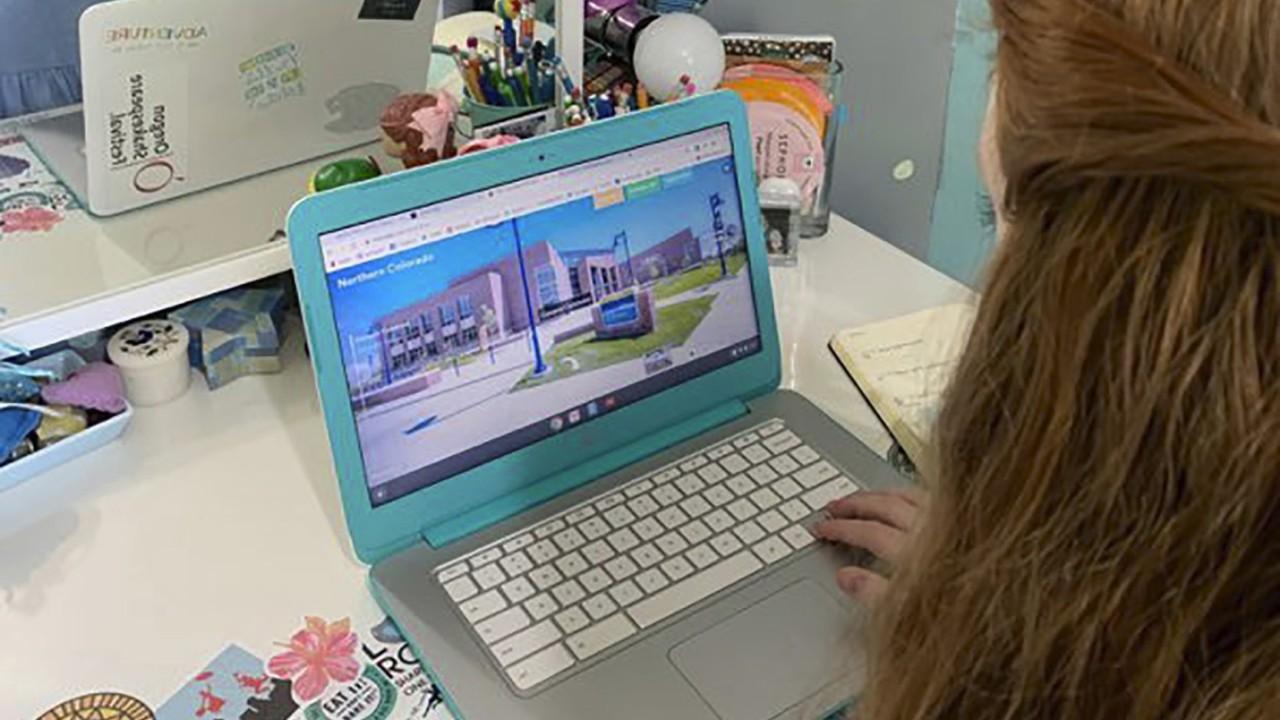Boston University leaves coronavirus-prompted Fall 2020 postponement option open
BU reportedly not only college or university preparing for possible Jan. 2021 return
Get all the latest news on coronavirus and more delivered daily to your inbox. Sign up here.
Boston University has publicly acknowledged it is preparing for the possibility -- however unlikely -- that the coronavirus pandemic will prevent students from being able to return to campus until January 2021.
The private university in Boston announced last week that part of its COVID-19 Recovery Plan included contingency preparations in the event it needed to suspend on-campus learning through the Fall 2020 semester.
WHAT ARE THE MOST EXPENSIVE PRIVATE COLLEGES?
“The Recovery Plan recognizes that if, in the unlikely event that public health officials deem it unsafe to open in the fall of 2020, then the University’s contingency plan envisions the need to consider a later in-person return, perhaps in January 2021,” states an article posted to BU Today, Boston University’s communication platform.
The report also acknowledged that BU, which enrolls more than 35,000 students from around the world, would face additional challenges with international students, based on where they are from.
The University announced on March 11 it would be moving classes online for the remainder of the year. The same move was made by higher education institutions across the board, and some have added summer classes.
SCHOOL DAZE: THE COST OF AMERICA'S TOP COLLEGES & UNIVERSITIES
“We’ve made the big decisions relating to the spring and summer,” said Boston University President Robert A. Brown in a statement to BU Today. “We are now in a position to focus on the fall and the best and safest way in which to bring the residential teaching and research community back onto campus when time and public health considerations permit.”
BU is reportedly not the only higher education institution considering its options in preparing for a potential January 2021 return.
CORONAVIRUS DOESN’T CARE AS STUDENTS TRY TO PREPARE FOR COLLEGE
Council of Independent Colleges President Richard Ekman told Forbes earlier this week some of the council's member colleges are mulling whether they'll also face the potential need to push back campus return dates, if even by a month.
“They’re all waiting to get better health information,” Ekman told the outlet.
CORONAVIRUS-STRUCK COLLEGES FIGHT TO SURVIVE AS FINANCIAL HITS PILE UP
The college council did not immediately respond to FOX Business' request seeking additional information.
About 3.7 million students are expected to graduate from high school this year, and nearly 70 percent are expected to start college in the fall. But even enrollment is questionable because families feeling the economic effects of the pandemic might decide to push it back, go elsewhere or not attend college at all.
HOW MUCH COLLEGE COST WHEN YOU GRADUATED HIGH SCHOOL
B.U. tuition, for example, costs $56,854 for the 2020-21 academic year.
But a student looking to live and eat on campus would be expected to pay more than $74,700 for the $10,990 added cost of room, estimated board of $5,650 and $1,218 in fees, according to the university’s website. The site also notes the existence of added expenses, including textbooks and supplies, which it estimates will cost around $1,000.
The cost of academic year 2019-20’s tuition of $54,720, plus room, board and fees appears to have been about $74,500.
Since the university has moved to a virtual-only model, some students are asking partial refunds of their payments.
On Tuesday, “The Daily Free Press,” BU’s independent student newspaper published a column by student Bini Ollivier-Yamin, who pointed out the discrepancy between the cost of online courses – which range from $480 to $985 per credit during the 2019-20 year,and in-person classes for full-time students, who are paying between $3,040 and $4,560 per credit, according to BU Online’s tuition page.
CLICK HERE TO READ MORE ON FOX BUSINESS
“We are technically attending Boston University online. It makes sense that our tuition rates should reflect that,” Ollivier-Yamin wrote. They later added: “I just think expecting students to pay tuition in full for classes being held online is unreasonable, especially given that so many of us are unsure about whether we’ll be financially able to attend college in the fall.”
The Associated Press contributed to this report.




















